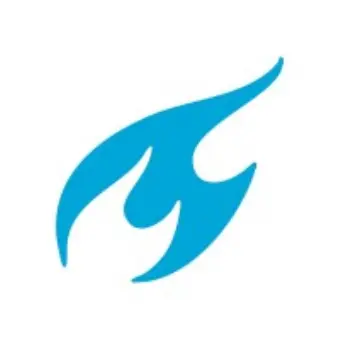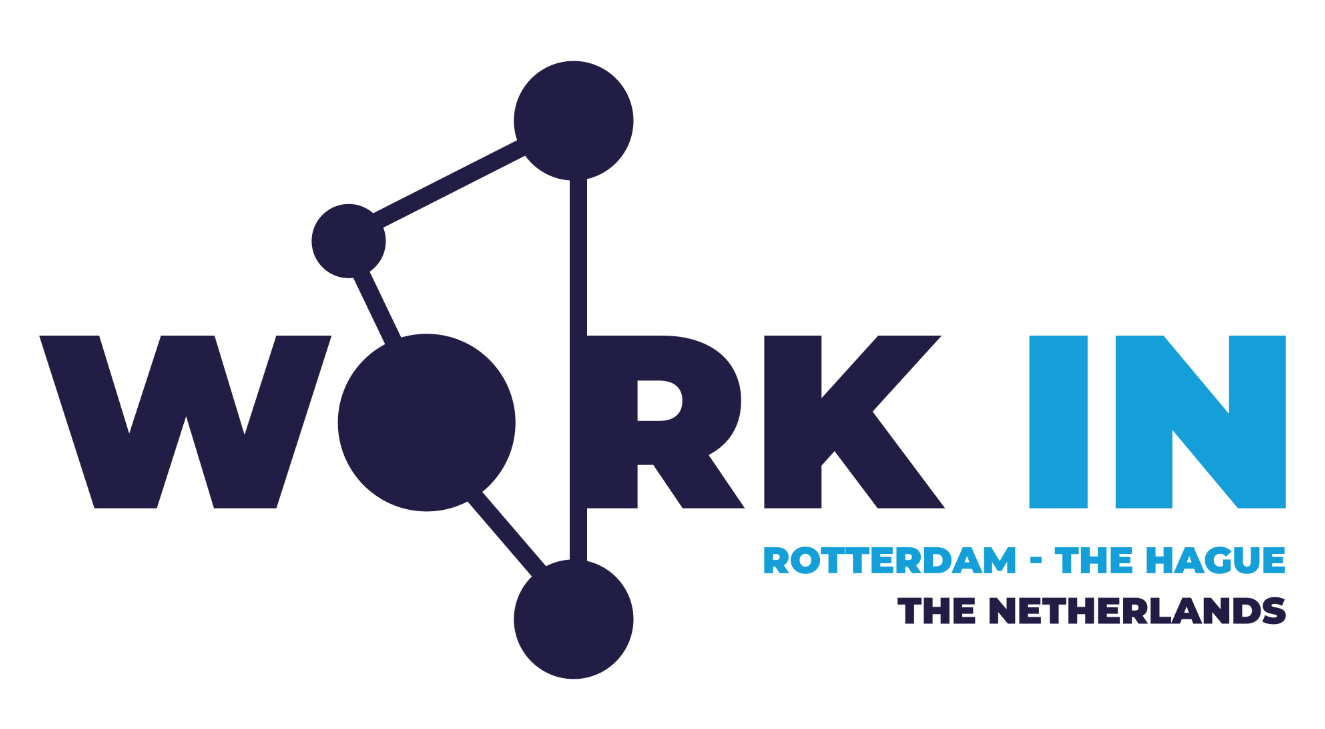PhD Position Sound and Vibration Maps, including Floating Wind (DC3 BETTER-MSCA-DN)

Delft University of Technology (TU Delft)
Marine renewables are key to curb climate change, but some impacts are unclear. BETTER will contribute to understanding impacts vital for resilient, sustainable offshore infrastructure.
Job description
The BETTER project addresses the environmental impacts of offshore wind farms (OWFs) and their resilience to climate-induced geohazards. With a multidisciplinary approach, it integrates advanced technologies like data science, machine learning, and remote sensing to improve OWF design, minimizing marine biodiversity risks while optimizing energy production. Bringing together 14 partners from 7 European countries, BETTER aims to support the EU Green Deal goals by driving sustainable, climate-resilient offshore renewable energy development https://cordis.europa.eu/project/id/101169348.
The successful candidate will join the Delft University of Technology
- incorporate newly defined sound sources resulting from bottom fixed/floating wind construction and operation into an integral tool to compute sound maps in selected regions;
- develop a unique framework to compute seabed vibrations maps which can be relevant to sensitive benthic species in the selected regions of interest. This item has not been studied in detail and is a unique contribution to this research topic;
- develop a generalised framework for mapping noise generation across multiple spatiotemporal scales, applicable for different regions, including floating wind sources.
You are expected to work on:
- inventory of noise and vibration sources in the selected regions;
- develop models to compute vibroacoustic responses in the near-field from anchors or other structures founded on the seabed;
- translating near-field noise and vibration sources from floating wind to equivalent acoustic sources applicable in far-range wave propagation models to create sound maps; iv) noise mapping framework for typical regions, i.e., Mediterranean, Norwegian, etc.
As a PhD candidate you will join the Environmental Vibrations & Acoustics Lab, that is part of the Offshore Engineering Section, at the Hydraulic Engineering Department. You will be expected to contribute to the goals of the Lab overall research lines, actively participate in the BETTER project, take part in teaching and supervision activities with MSc students. You will be supervised by Dr. Apostolos Tsouvalas and Dr George Lavidas, and as part of this project, you will be given the opportunity to work with world leading academic and industrial partners.
As part of BETTER we expect you to participate in the coordination of research activities, contributing and ensure milestones and project deliverables are timely delivered. Writing scientific papers, attending international conferences, and the reporting to other project partners, are an integral part of this job.
Job requirements
- We look for a candidate with MSc in Master degree in Civil Engineering, Physics, Mathematics and interest in wave mechanics and environmental impacts.
- We look for enthusiastic persons which like to work and study with other young researchers and with a particular interest to international relationships.
Eligibility conditions:
This PhD position is part of the Marie Skłodowska-Curie Actions Doctoral Network (MSCA DN).
As such, please make sure that you comply with the requirements of the project (article 1.3.2. Recruited researchers, page 113):
• applicants must not have a doctoral degree at the date of their recruitment.
• can be of any nationality.
• should comply with the mobility rules: in general, they must not have resided or carried out their main activity (work, studies, etc.) in the country of the recruiting organisation for more than 12 months in the 36 months immediately before their recruitment date.
TU Delft (Delft University of Technology)
Delft University of Technology is built on strong foundations. As creators of the world-famous Dutch waterworks and pioneers in biotech, TU Delft is a top international university combining science, engineering and design. It delivers world class results in education, research and innovation to address challenges in the areas of energy, climate, mobility, health and digital society. For generations, our engineers have proven to be entrepreneurial problem-solvers, both in business and in a social context.
At TU Delft we embrace diversity as one of our core values and we actively engage to be a university where you feel at home and can flourish. We value different perspectives and qualities. We believe this makes our work more innovative, the TU Delft community more vibrant and the world more just. Together, we imagine, invent and create solutions using technology to have a positive impact on a global scale. That is why we invite you to apply. Your application will receive fair consideration.
Challenge. Change. Impact!
Faculty of Civil Engineering and Geosciences
The Faculty of Civil Engineering & Geosciences (CEG) is committed to outstanding international research and education in the field of civil engineering, applied earth sciences, traffic and transport, water technology, and delta technology. Our research feeds into our educational programmes and covers societal challenges such as climate change, energy transition, resource availability, urbanisation and clean water. Our research projects are conducted in close cooperation with a wide range of research institutions. CEG is convinced of the importance of open science and supports its scientists in integrating open science in their research practice. The Faculty of CEG comprises 28 research groups in the following seven departments: Materials Mechanics Management & Design, Engineering Structures, Geoscience and Engineering, Geoscience and Remote Sensing, Transport & Planning, Hydraulic Engineering and Water Management.
Click here to go to the website of the Faculty of Civil Engineering & Geosciences.
Conditions of employment
The successful candidate will receive a competitive and attractive academic remuneration package in accordance with MSCA regulations for doctoral candidates. The financial package includes a monthly living allowance, a mobility allowance, and a family allowance. The salary is adjusted by applying the country correction coefficient for the country of recruitment (The Netherlands). The coefficients are outlined in Table 1 of MSCA Work Programme 2023-24 version adopted on 6 December 2022 (European Commission Decision C(2022) 7550 (https://adaptmet.eu/wp-content/uploads/2024/10/FINAL-PUBLISHED_6Dec2022_-wp-2-msca-actions_horizon-2023-2024_en.pdf)
Doctoral candidates will be offered a 4-year period of employment in principle, but in the form of 2 employment contracts. An initial 1,5 year contract with an official go/no go progress assessment within 15 months. Followed by an additional contract for the remaining 2,5 years assuming everything goes well and performance requirements are met.
Salary and benefits are in accordance with the Collective Labour Agreement for Dutch Universities, increasing from € 2901 per month in the first year to € 3707 in the fourth year. As a PhD candidate you will be enrolled in the TU Delft Graduate School. The TU Delft Graduate School provides an inspiring research environment with an excellent team of supervisors, academic staff and a mentor. The Doctoral Education Programme is aimed at developing your transferable, discipline-related and research skills.
The TU Delft offers a customisable compensation package, discounts on health insurance, and a monthly work costs contribution. Flexible work schedules can be arranged.
Will you need to relocate to the Netherlands for this job? TU Delft is committed to make your move as smooth as possible! The HR unit, Coming to Delft Service, offers information on their website to help you prepare your relocation. In addition, Coming to Delft Service organises events to help you settle in the Netherlands, and expand your (social) network in Delft. A Dual Career Programme is available, to support your accompanying partner with their job search in the Netherlands.
Additional information
The start date of the position is in October-December 2025. If you would like more information about this vacancy or the selection procedure, please contact George Lavidas, via G.Lavidas@tudelft.nl.
Application procedure
Are you interested in this vacancy? Please apply no later than 26 June 2025 via the application button and upload the following documents:
- CV (in English) with relevant work and study experience (if any) and adding other relevant information, e.g. a list of publications (if any);
- Motivation letter (free format, max 2 pages, in English) describing research interests, main skills, career plans and the reasons for applying to the selected position;
- Two reference letters (at least one from an academic or research person);
- The following other mandatory documents should be uploaded all together inside one archive file (eg. ZIP or RAR):
- List of the exams and marks obtained
- Copy of Master’s thesis
- Copy of any published papers/reports (if any)
You can address your application to George Lavidas.
Doing a PhD at TU Delft requires English proficiency at a certain level to ensure that the candidate is able to communicate and interact well, participate in English-taught Doctoral Education courses, and write scientific articles and a final thesis. For more details please check the Graduate Schools Admission Requirements.
Please note:
- You can apply online. We will not process applications sent by email and/or post.
- A pre-employment screening can be part of the selection procedure.
- For the final candidates, a knowledge security check will be part of the application procedure. For more information on this check, please consult Chapter 8 of the National Knowledge Security Guidelines. We carry out this check on the basis of legitimate interest.
- Please do not contact us for unsolicited services.

